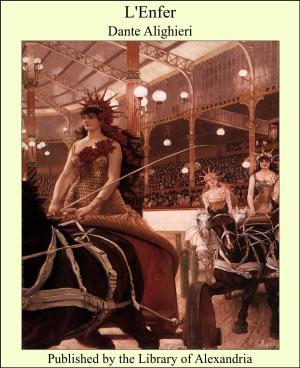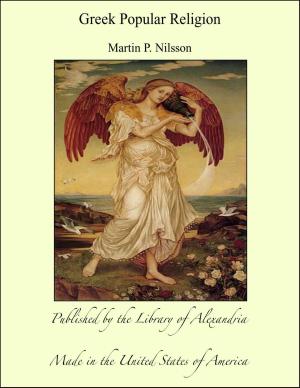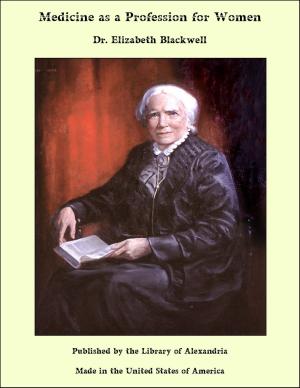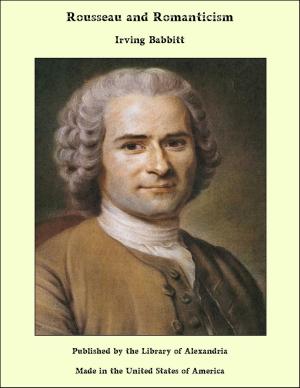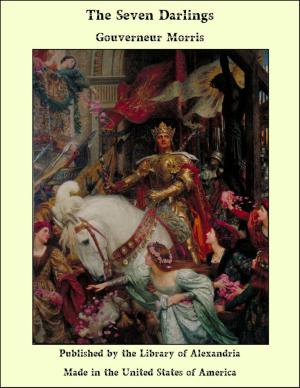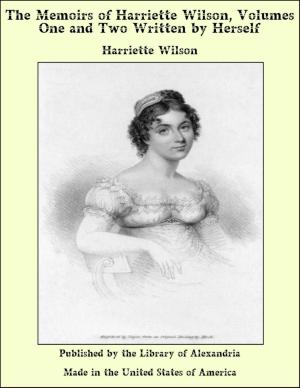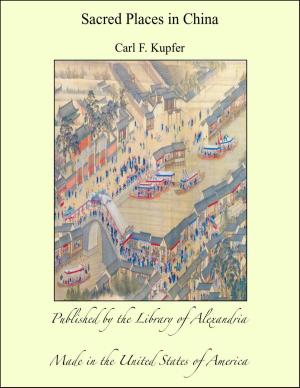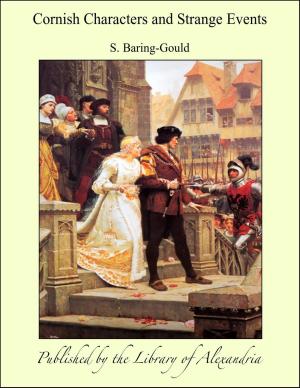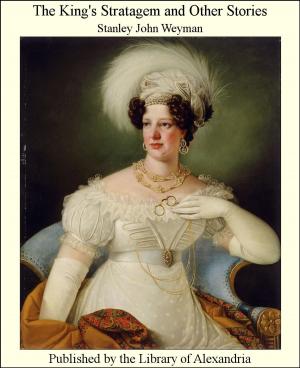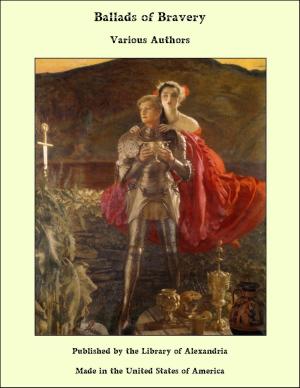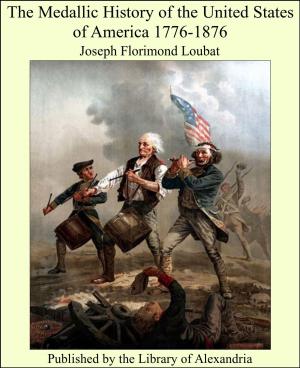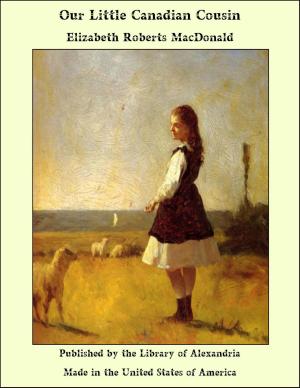The Strange Adventures of Andrew Battell of Leigh in Angola and the Adjoining Regions
Nonfiction, Religion & Spirituality, New Age, History, Fiction & Literature| Author: | Andrew Battell | ISBN: | 9781465571441 |
| Publisher: | Library of Alexandria | Publication: | March 8, 2015 |
| Imprint: | Language: | English |
| Author: | Andrew Battell |
| ISBN: | 9781465571441 |
| Publisher: | Library of Alexandria |
| Publication: | March 8, 2015 |
| Imprint: | |
| Language: | English |
Thomas Turner,1 although he furnished Samuel Purchas with a few notes on Brazil, never placed on record what happened to him whilst in Portuguese Africa. Towres was sent to prison at Rio de Janeiro for the heinous offence of eating meat on a Friday; he attempted an escape, was retaken, and condemned to spend the rest of his captivity in Angola. He died at Masanganu, as we learn from Knivet. Knivet himself has left us an account of his adventures in Angola and Kongo; but this account contains so many incredible statements that it was with some hesitation we admitted it into this volume, as by doing so we might be supposed to vouch for the writer’s veracity. Samuel Purchas was Vicar of Eastwood, a small village two miles to the north of Leigh, from 1604 to 1613. Battell returned to Leigh about 1610, bringing with him a little negro boy, who claimed to have been kept a captive by a gorilla (see p. 55). Purchas had many conferences with Battell, and the information obtained in this manner was incorporated by him in Purchas His Pilgrimage, the first edition of which was published in 1613,5 and will be found in this volume, pp. 71-87. Battell’s papers, however, only reached Purchas after the author’s death, and were first published by him in Hakluytus Posthumus, or Purchas His Pilgrimes, in 1625.6 There is reason to fear that Purchas did not perform his duties as editor, as such duties are understood at the present day. As an instance, we notice that Battell distinctly told his editor in private conference (see p. 83) that in his day nothing was known about the origin of the Jagas, expressly denying that Duarte Lopez could have any information about it; yet, elsewhere (p. 19), Battell is made responsible for the statement that they came from Sierra Leone. Nor is it likely that Battell ever mentioned a lake Aquelunda (p. 74), for no such lake exists; and Purchas’s authority for its supposed existence is once more Duarte Lopez or Pigafetta. Moreover, there is some ground for supposing that Purchas abridged portions of the MS.; as, for instance, the account of the overland trading trip to Kongo and Mbata. Perhaps he likewise rearranged parts of his MS., thus confusing the sequence of events, as will be seen when we come to inquire into the chronology of Battell’s travels. There exists no doubt as to the object with which Abraham Cocke sailed for the Plate River in 1589. Philip of Spain had acceded to the throne of Portugal in 1580, and that prosperous little kingdom thus became involved in the disaster which overtook the Armada, which sailed out of Lisbon in May, 1588. English skippers therefore felt justified in preying upon Portuguese trade in Brazil, and intercepting Spanish vessels on their way home from the Rio de la Plata. We do not think, however, that we do Abraham Cocke an injustice when we assume him to have been influenced in his hazardous enterprise quite as much by the lust of gain as by patriotism
Thomas Turner,1 although he furnished Samuel Purchas with a few notes on Brazil, never placed on record what happened to him whilst in Portuguese Africa. Towres was sent to prison at Rio de Janeiro for the heinous offence of eating meat on a Friday; he attempted an escape, was retaken, and condemned to spend the rest of his captivity in Angola. He died at Masanganu, as we learn from Knivet. Knivet himself has left us an account of his adventures in Angola and Kongo; but this account contains so many incredible statements that it was with some hesitation we admitted it into this volume, as by doing so we might be supposed to vouch for the writer’s veracity. Samuel Purchas was Vicar of Eastwood, a small village two miles to the north of Leigh, from 1604 to 1613. Battell returned to Leigh about 1610, bringing with him a little negro boy, who claimed to have been kept a captive by a gorilla (see p. 55). Purchas had many conferences with Battell, and the information obtained in this manner was incorporated by him in Purchas His Pilgrimage, the first edition of which was published in 1613,5 and will be found in this volume, pp. 71-87. Battell’s papers, however, only reached Purchas after the author’s death, and were first published by him in Hakluytus Posthumus, or Purchas His Pilgrimes, in 1625.6 There is reason to fear that Purchas did not perform his duties as editor, as such duties are understood at the present day. As an instance, we notice that Battell distinctly told his editor in private conference (see p. 83) that in his day nothing was known about the origin of the Jagas, expressly denying that Duarte Lopez could have any information about it; yet, elsewhere (p. 19), Battell is made responsible for the statement that they came from Sierra Leone. Nor is it likely that Battell ever mentioned a lake Aquelunda (p. 74), for no such lake exists; and Purchas’s authority for its supposed existence is once more Duarte Lopez or Pigafetta. Moreover, there is some ground for supposing that Purchas abridged portions of the MS.; as, for instance, the account of the overland trading trip to Kongo and Mbata. Perhaps he likewise rearranged parts of his MS., thus confusing the sequence of events, as will be seen when we come to inquire into the chronology of Battell’s travels. There exists no doubt as to the object with which Abraham Cocke sailed for the Plate River in 1589. Philip of Spain had acceded to the throne of Portugal in 1580, and that prosperous little kingdom thus became involved in the disaster which overtook the Armada, which sailed out of Lisbon in May, 1588. English skippers therefore felt justified in preying upon Portuguese trade in Brazil, and intercepting Spanish vessels on their way home from the Rio de la Plata. We do not think, however, that we do Abraham Cocke an injustice when we assume him to have been influenced in his hazardous enterprise quite as much by the lust of gain as by patriotism

